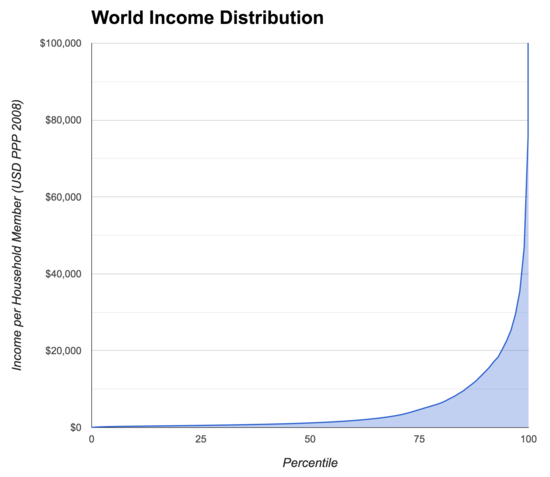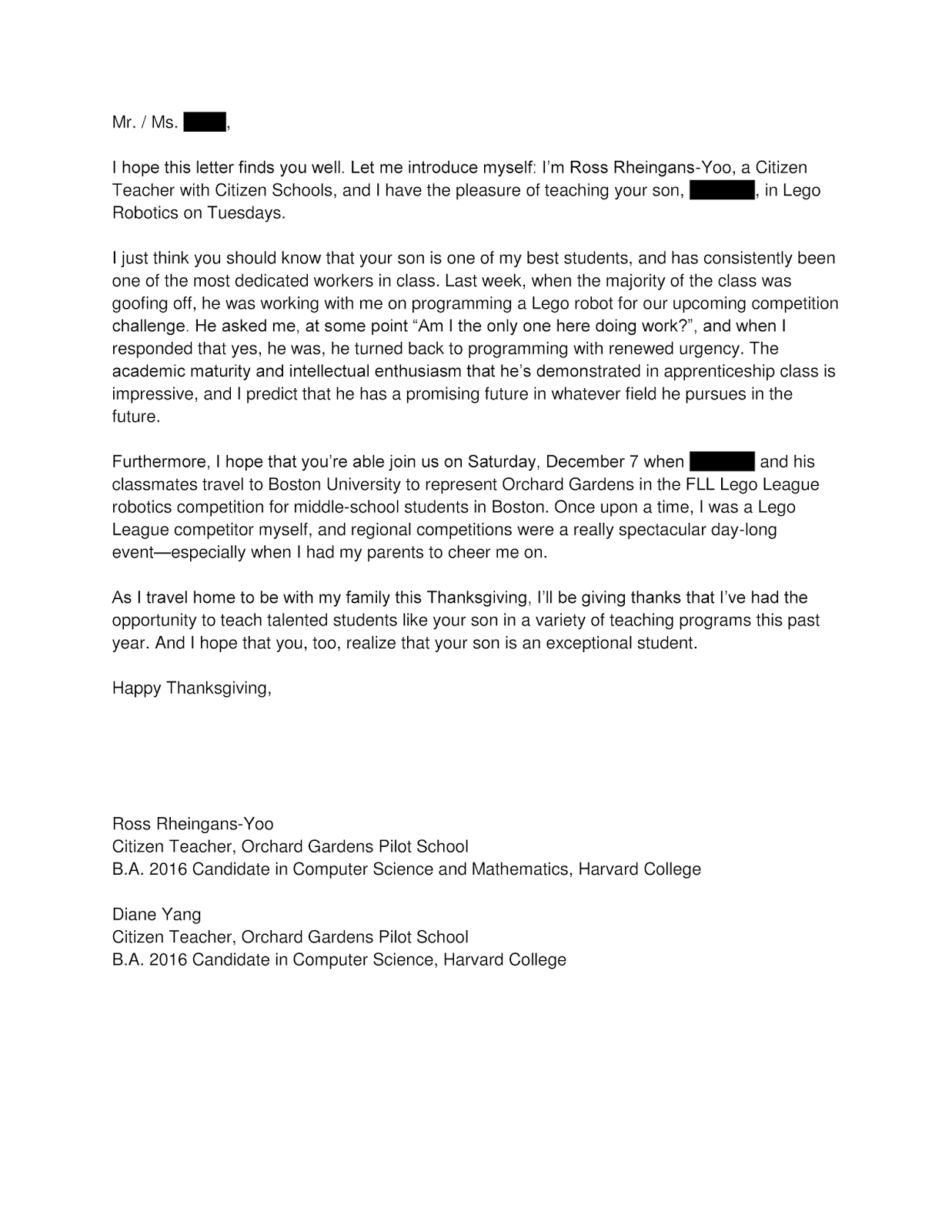Impressions: Freakonomics
On my flight Boston-Keflavik, I picked up Freakonomics, by Levitt and Dubner. It was a fun read that I highly recommend. But a few things struck me about it, so I figured I'd write them down rapid-fire.
There's also a much longer about-Christmas post in the works, but it might not be out until tomorrow.
(1) "Despite [his] elite credentials, his approach is notably unorthodox."
I'm not sure what bothers me more: the widespread stereotype that eliteness is inextricable from orthodoxy, or my sinking suspicion that it's not entirely false.
(2) "He is ... an intuitionist."
In mathematics, "intuitionism" is a bit of a dirty word. In layman's term's, an intuitionist rejects the idea that a double negative is a positive, and so considers as invalid the logic:
1) Either A or B is true.
2) A is false.
3) Therefore, B is true.
It's appealing, because disallowing proofs by contradiction of the negation (i.e. the above form) means that every proof of "X exists" necessarily gives a mathematical construction of X. By contrast, traditional, analytic logic sometimes produces proofs that some object, logically, must exist -- but no indication of how one might make/find/imagine it.
It's widely derided because basic logical maneuvers are excluded, and so many 'intuitive' results can't be proven at all! As a professor of mine once lamented: "[Luitzen] Brouwer became famous for his proof of the fixed-point theorem, but then he became an intuitionist and never did anything useful again."
Anyway. Words have interesting meanings in different contexts. More recently: a friend and I were having a discussion about Humanism, and eventually realized






